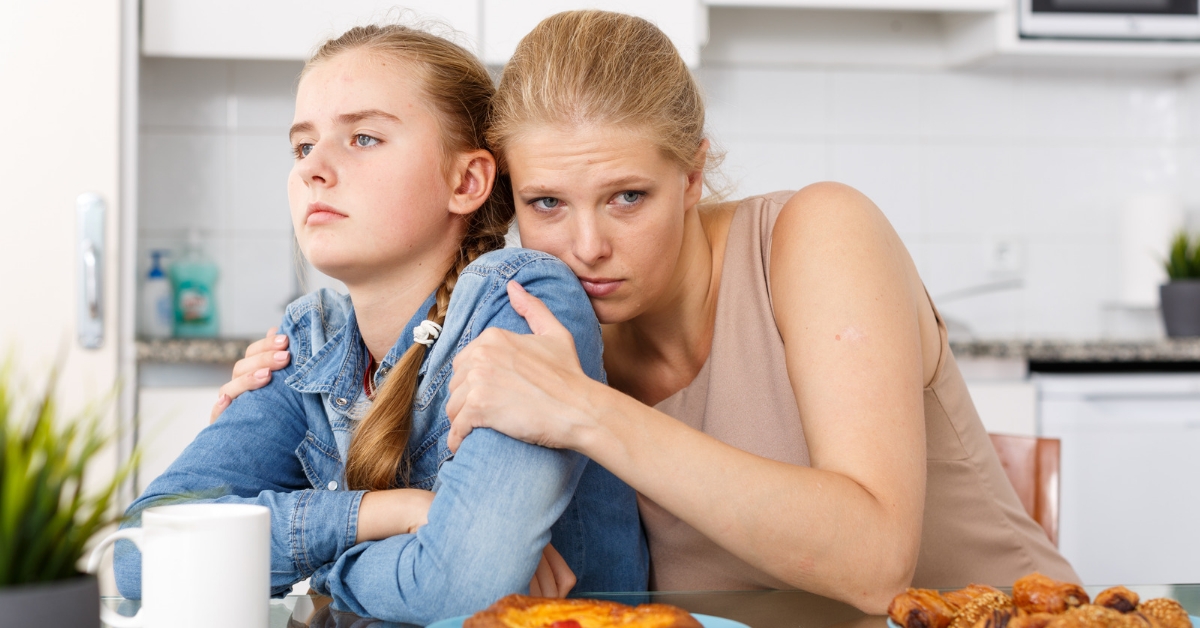Climate change has been a pressing issue for the past few decades. Therefore, as a parent, it has become extremely important to have this conversation with our children. Unfortunately, without having adequate knowledge about the current situation, it might feel daunting. Due to the constant stream of news over the internet, we are all aware of the rising temperatures, melting glaciers, and extreme weather events. This is very overwhelming for adults, let alone young minds. Yet, fostering open communication with your kids about climate change is crucial. Today, we will be talking about how to approach these discussions in an age-appropriate and empowering way.
Start by Listening
Before diving into the science behind these phenomena, it is important to understand what your child already knows and feels about climate change. Have they overheard snippets of conversations? Have they seen images in the news? Now, gauge their emotional response – are they worried, curious, or confused? Make sure to listen to their thoughts and validate their feelings actively. This creates a safe space for open dialogue and fosters trust.
Tailor the Conversation to Age
There’s no one-size-fits-all approach. Here’s a basic guide to adjusting your communication based on age:
- Preschoolers (ages 3-5): When it comes to them, focus on the beauty and importance of nature. Read the stories about animals, plants, and the Earth. Discuss how we can take care of our planet by recycling, reducing waste, and saving water.
- Elementary School (ages 6-10): Here, it would be acceptable to introduce the concept of climate change in simple terms. Begin by explaining how the Earth’s temperature is rising and the impact it has on animals, weather patterns, and our environment. Please use age-appropriate visuals like pictures or short documentaries. It is better to not overwhelm them with situations that might cause them extreme distress.
- Middle School (ages 11-13): It is time to go deeper into the science behind climate change. Discuss the role of greenhouse gases and human activities. Encourage critical thinking by exploring solutions and innovations being developed to combat climate change. They might already be studying these topics in school, so it is a good time to encourage them to seek answers themselves.
- Teenagers (ages 14-18): They are now at a stage where it is acceptable for you to engage in more complex discussions about the social, economic, and political aspects of climate change. Encourage them to research current events and explore ways to get involved in climate activism or sustainable solutions.
Focus on Solutions, Not Just Problems
While acknowledging the challenges with your children, emphasize the positive efforts underway. Share real-life stories of scientists, engineers, and activists who are working on solutions like renewable energy sources, sustainable practices, and conservation efforts. When you highlight the solutions, it empowers your children and fosters a sense of agency.
Empower Through Action
Knowledge is power, but action is even more so. Involve your children in making small changes at home. This could be anything from reducing energy consumption by turning off lights in unused rooms, opting for reusable bags, or starting a compost bin. Participating in community initiatives like tree planting or clean-up drives can further instill a sense of environmental responsibility. Try to make them interested in such activities from an early age to make a habit.
Embrace Open-Ended Questions
Encourage your child’s curiosity. Instead of just providing answers, ask open-ended questions like “What ideas do you have for reducing waste?” or “What kind of world do you want to live in?”. These questions spark critical thinking and encourage them to be a part of the solution.
Talking to your kids about climate change is an ongoing conversation. By encouraging open communication, focusing on solutions, and empowering your children to take action, you can nurture the next generation of environmentally conscious citizens who are prepared to face the challenges of our warming world.








